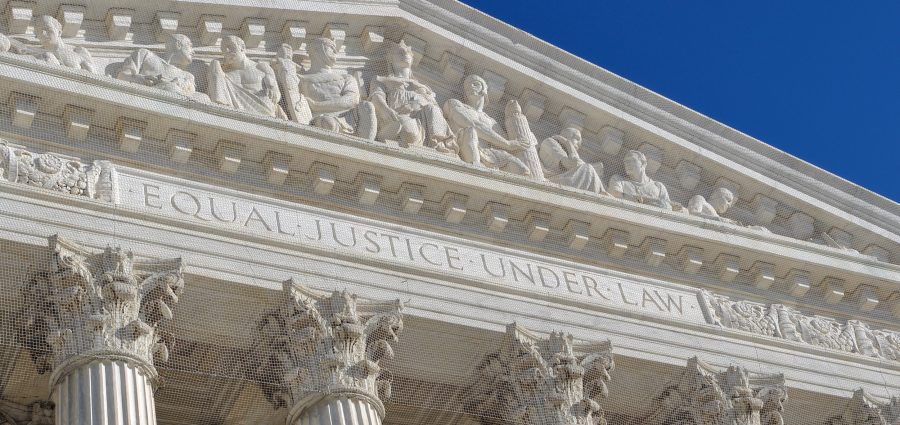The Department of Justice has asked the Supreme Court to allow the Corporate Transparency Act (CTA) to move forward after conflicting court rulings paused, unpaused and then blocked its enforcement.
The CTA is an anti-money laundering measure that requires businesses to report beneficial owners to the Financial Crimes Enforcement Network (FinCEN).
According to a Jan. 2 news release, on Dec. 23, a Fifth Circuit panel lifted a Texas judge’s injunction halting the CTA nationwide. Days later on Dec. 26, a different Fifth Circuit panel reinstated the injunction citing the need to “preserve the constitutional status quo.”
The National Federation of Independent Business and small business owners originally sought the injunction in the case. FinCEN responded by extending the reporting deadline — originally set for Jan. 1 — to Jan. 13.
On Dec. 31, the DoJ petitioned the Supreme Court to halt the injunction and narrow its scope, arguing it unfairly blocks all businesses from compliance rather than just the plaintiffs involved. The National Lumber and Building Dealers Association (NLBMDA), which opposes the law, said the injunction could remain in place through March if the government does not appeal, according to a news release.
Currently, businesses are not mandated to file a report, though they may do so voluntarily. Bill Quick — an attorney at the Polsinelli law firm who chairs its CTA division — told Inc. that he advises businesses to proceed with their initial filing or be ready to file if the requirement is reinstated, adding that the process takes only 15 minutes or so.
If the Supreme Court eventually allows the CTA to pass, FinCEN estimates 32.6 million companies would need to report, potentially affecting over 90 million individuals.
The National Association of Wholesaler-Distributors voiced its opposition to the CTA back on Dec. 18.
“Lifting the injunction would compel law-abiding businesses to shoulder hefty costs, navigate complex mandates, and risk significant penalties — even jail time — without any certainty that the law is valid,” NAW Chief Government Affairs Officer Brian Wild noted. “The public interest clearly favors maintaining the district court’s ruling until the courts can fully resolve the CTA’s legal flaws.”
Related Posts
-
The company has purchased a new office building, creating additional space for warehouse expansion and…
-
A company memo says the policy will help corporate staff understand the challenges and opportunities…
-
The international trade deficit was $97.8 billion in November, while exports were down $3.3 billion,…





